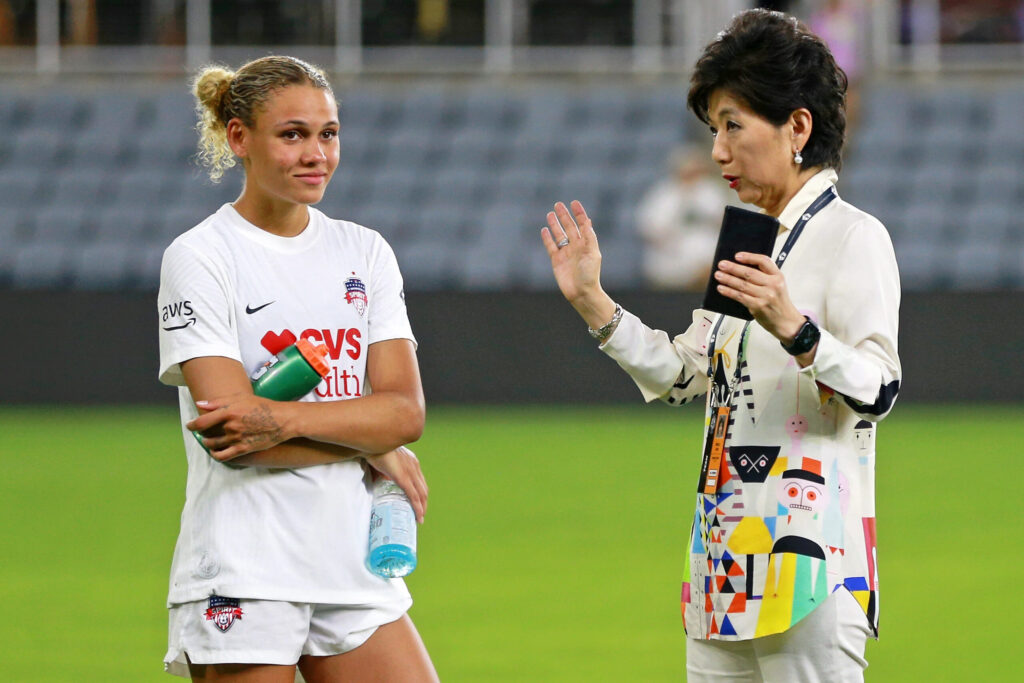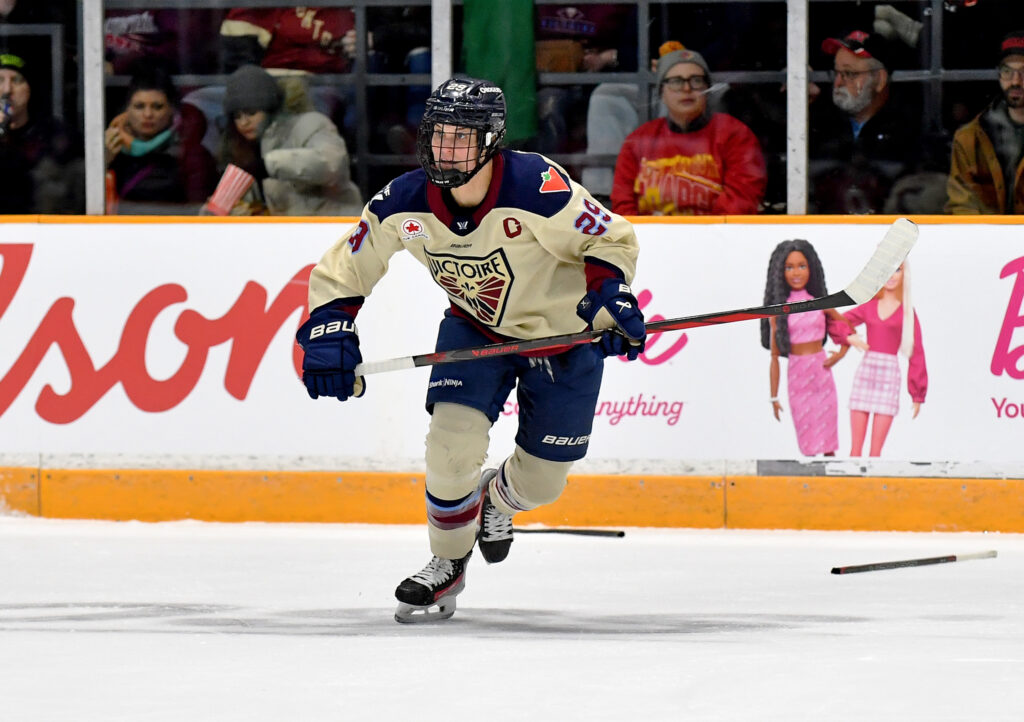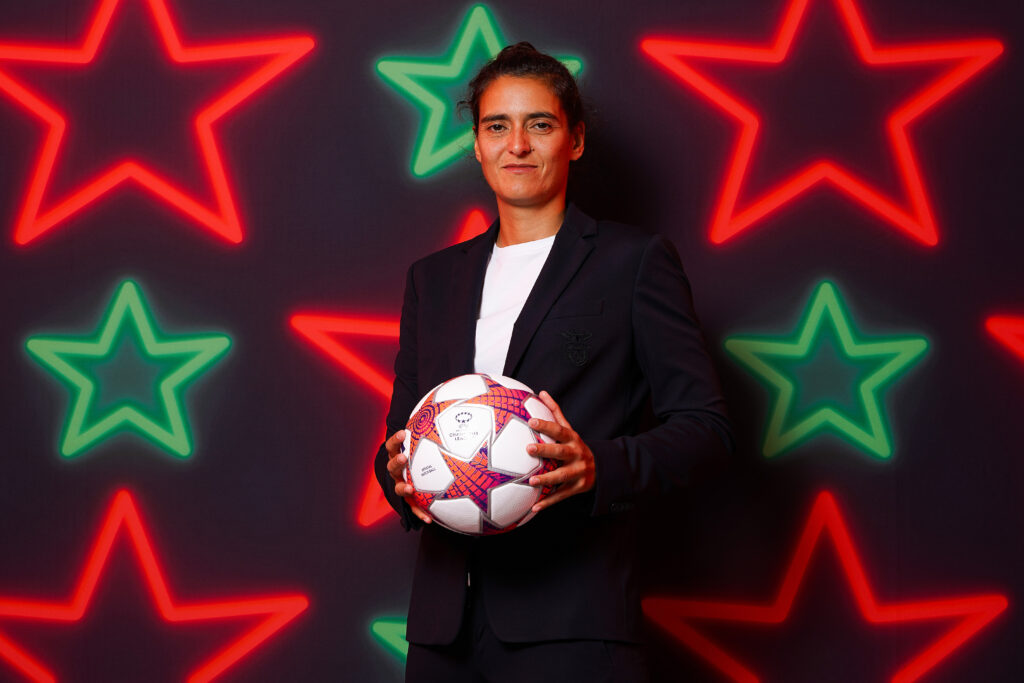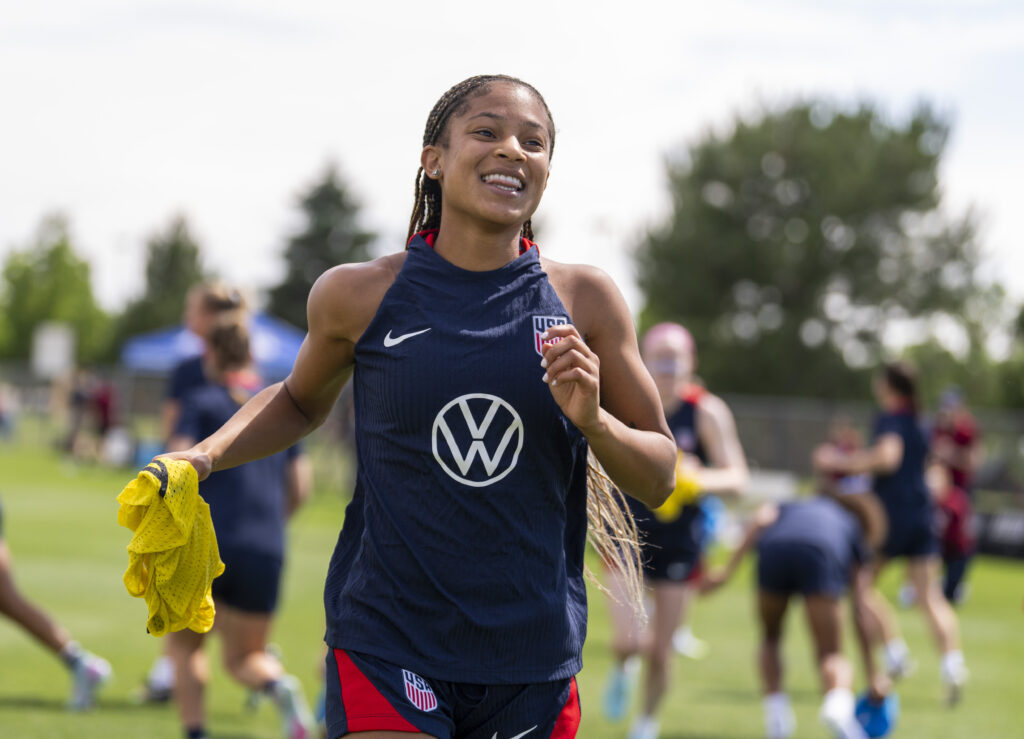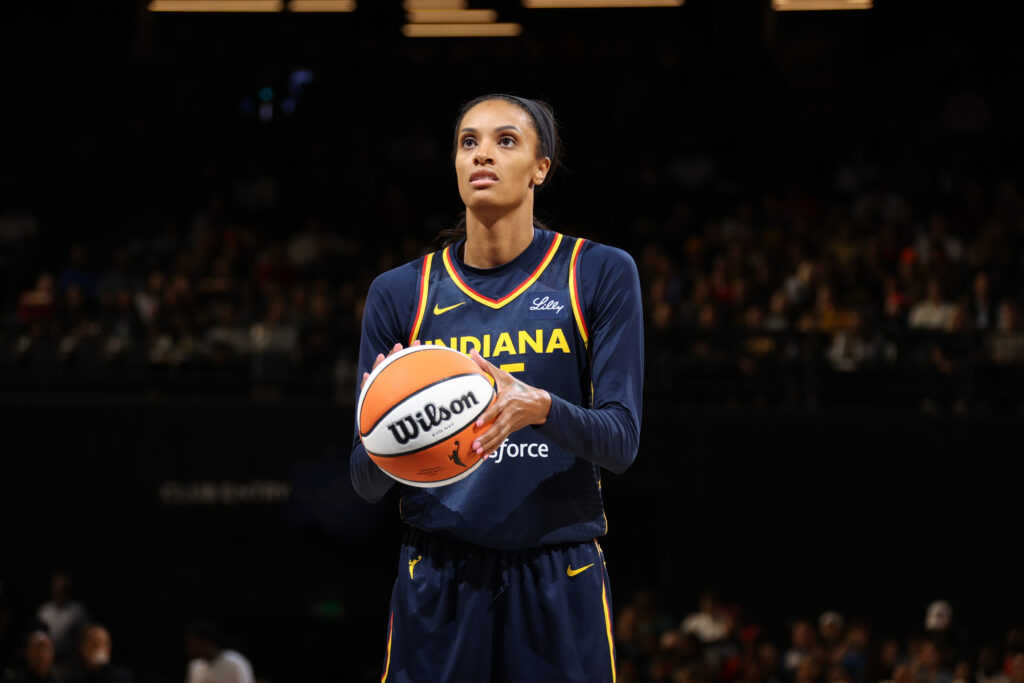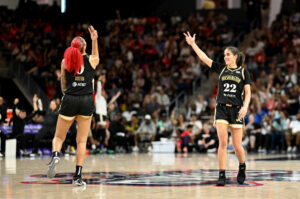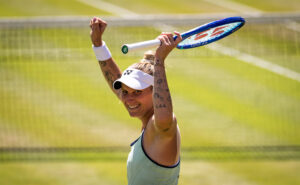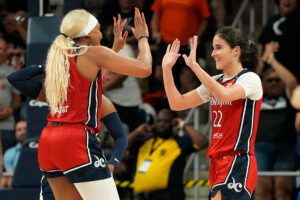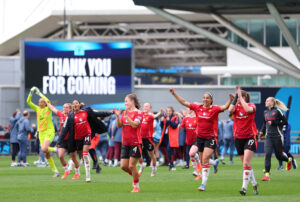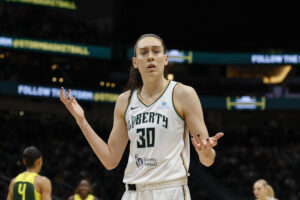Washington Spirit owner Michele Kang has big goals for women’s soccer.
After acquiring a majority stake in the Spirit in 2022, Kang is set to take control of the Olympique Lyonnais women’s team within the next month. And she expects to add at least one more team to the fold by the end of the year, with the eventual goal to own at least one team on each continent, she told ESPN.
“Women’s soccer around the world needs investment,” Kang told ESPN. “It’s not just the U.S. For us to take women’s soccer to the next level — Europe, Asia, South America, Latin America — they all need to come up. I wanted to accelerate that trend.”
By focusing on women’s soccer teams as independent businesses, rather then sharing identities and operations with men’s teams, Kang believes she can change the game.
Take performance training. Kang wants her clubs to train “women as women,” tailoring programs to their physiology rather than copy-and-pasting approaches from men’s sports. Women’s soccer has seen an alarming number of injuries in the last year, particularly ACL tears, yet research specific to women athletes is rare.
Dawn Scott, who joined the Spirit last November as senior director of performance, has held similar positions with the U.S. and England women’s national teams. She raised the alarm over the lack of research soon after joining the Spirit, and she is leading a group of 14 employees with the Spirit to bring a fresh approach to the team.
Kang sees in Scott’s performance staff the potential for ideas and tools that could be shared across all the teams in her new women’s soccer organization.
“We’re going to create some sort of an innovation lab,” Kang said. “It’s going to be dedicated, the staff and everything else, toward the Spirit. To some extent, because we started (with) the Spirit, this is going to be where we start developing most of the things. All the methodology, training methodology, all that stuff will be shared. Staff will go back and forth and will train the trainers.
“Other teams will have their own team (of staff) and we will localize. We’re not just going to say one size fits all, but here is some basic science, basic technology, things that have worked. Let’s customize it to make it work. There are some differences in European-style football vs. American, so we’re going to customize the fundamental science, technology, research. It will be all shared and then we’ll figure out how to spread those methodologies so that everyone can benefit from what we are investing in.”
Kang also has plans to build training facilities. For Lyon, that means creating a facility dedicated to the women’s team to take the place of the current facility shared with the men’s team. For the Spirit, that will mean building a permanent training facility by 2025 or 2026, a luxury for a team that has spent years bouncing between venues.
“The idea is that the same design will be transported to Lyon for the women’s team,” Kang told ESPN. “Whatever team, we will clearly have to customize a little bit, but the idea is that level of training center, performance center is going to be made available for every team under our umbrella, so if you walk into Spirit or Lyon, the training center will look the same inside and they’ll have access to the best technology, best equipment, best medical care, nutrition.”
While Parsons told ESPN he is “100% all-in” on focusing on the Spirit, and that nothing will change with the new club being under shared ownership, he came on as coach with the knowledge of what Kang hoped to build.
“What Michele has also done is made clear that this isn’t just two clubs — there will be more clubs,” Parsons said. “I knew that before I joined — not which clubs and which countries, but this is the model, this is the vision.”
While certain best practices will be shared, each team will have its own identity.
“I want to make sure that each team is champion in its own country,” Kang said. “We’re not sacrificing one team for the benefit of another. We’re going to give everything and anything that each team needs to be successful. They’ll maintain their own identity, fandom — those are all very local, not central, or global.”
